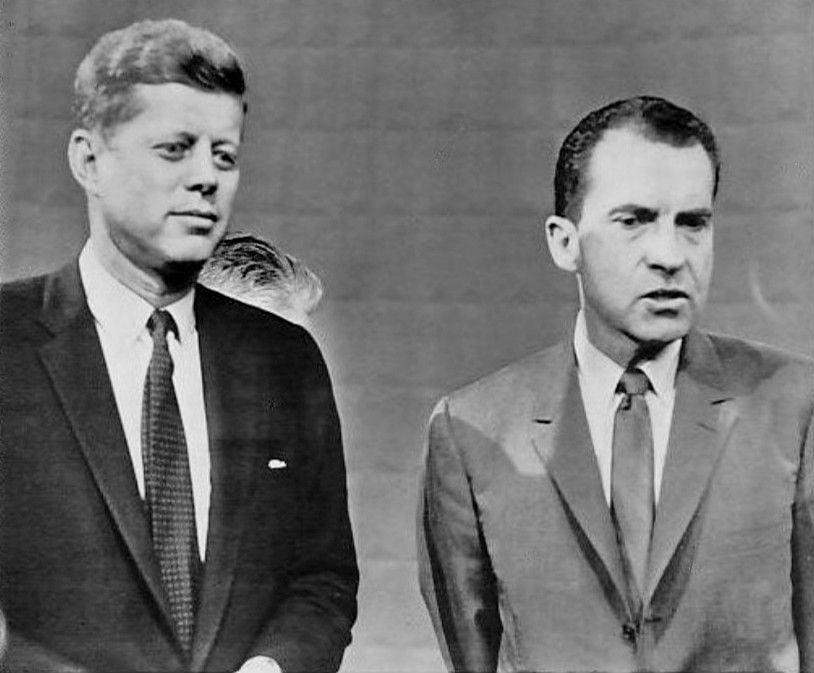A Year Before His Presidential Debate, JFK Foresaw How TV Would Change Politics
Television’s first iconic president was remarkably prescient on the subject of TV
/https://tf-cmsv2-smithsonianmag-media.s3.amazonaws.com/filer/4d/e0/4de06b7a-5dcb-4145-98c3-6814a60bf03c/shephard.jpg)
John F. Kennedy’s short presidency was tailor-made for the emerging age of television. His aesthetic and conduct helped to shape the office of the president in the eyes of the public. But by the time he made it to that high office, he’d had plenty of time to decide how he wanted to appear–and what he thought about TV politics.
On this day in 1959, when Kennedy was a senator for Massachusetts planning a presidential run, TV Guide published an article he wrote titled “A Force That Has Changed The Political Scene.” In that article, Kennedy wrote that television’s “revolutionary impact” would have a far-reaching and lasting consequences for politics. As his own iconic presidency proved, he wasn’t wrong.
For the most part, Kennedy “side[d] with those who feel its net effect can definitely be for the better,” writes Alexis C. Madrigal for The Atlantic. But he also worried in a prescient manner about its potential negative effects. He wrote:
But political success on television is not, unfortunately, limited only to those who deserve it. It is a medium which lends itself to manipulation, exploitation and gimmicks. It can be abused by demagogs, by appeals to emotion and prejudice and ignorance.
He maintained, however, that the “the images seen on TV ‘are likely to be uncannily correct,’” writes Ron Simon for Time, and that television politics could give voters a truer read on a candidate than could, say, their position papers.
He also acknowledged that a candidate's youth could be an asset in the age of television. "Youth may still be a handicap in the eyes of the older politicians," he wrote, "but it is definitely an asset in creating a television image people like and (most difficult of all) remember."
“Kennedy writes about the general candidate, but clearly he is scrutinizing himself,” Simon writes. By the time Kennedy authored this article, he had spent most of the decade learning how to do TV politics, starting in the early ‘50s with appearances on talk shows like Meet the Press, Simon writes. It was in these appearances that he started to craft his public persona. In this new era of politics, he was certainly helped by the fact that he was youthful and attractive and married to a young, dynamic woman.
Kennedy started his presidential run just months after this article came out. Ahead of him were a series of famous televised debates with opponent Richard Nixon, the first presidential debates to be televised. Kennedy took some of his own advice in preparing for those debates, writes the JFK Presidential Library, by pre-scouting the location, dressing in a blue suit and white shirt that would stand out from the set and addressing the camera, rather than his opponent, during the debate. “Most Americans watching the debates felt that Kennedy had won,” writes the library, but “most radio listeners seemed to give the edge to Nixon.”


